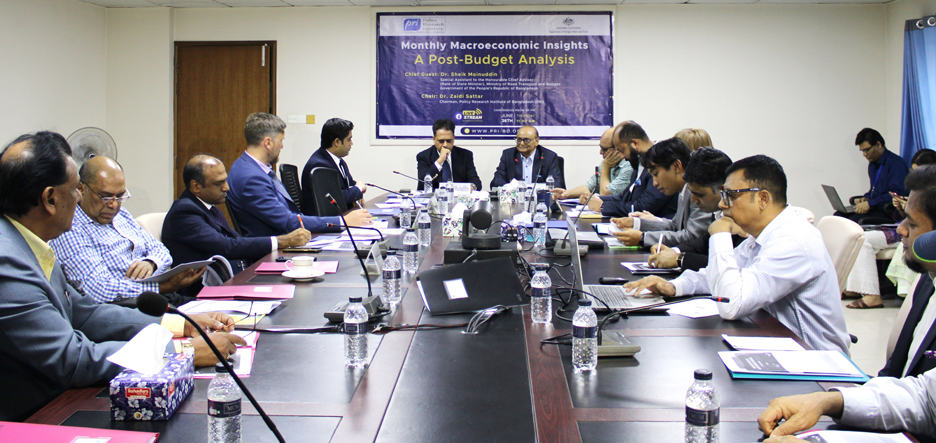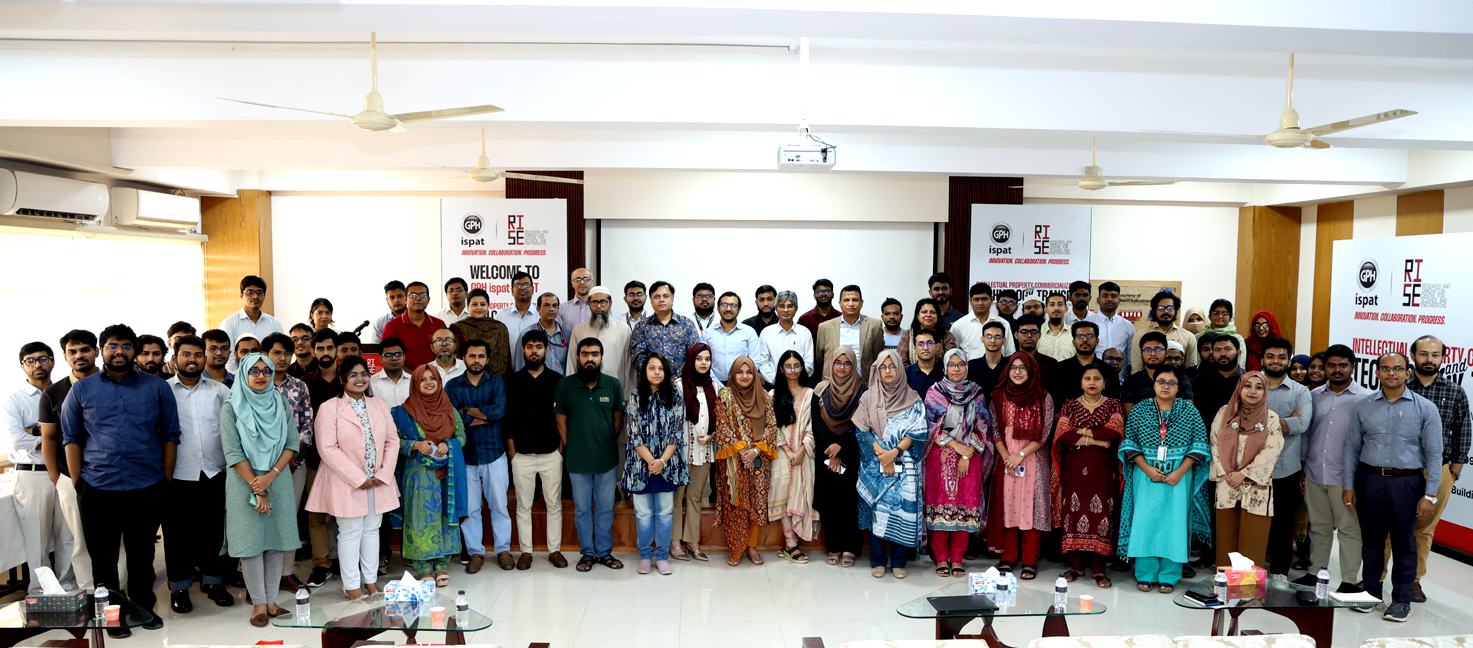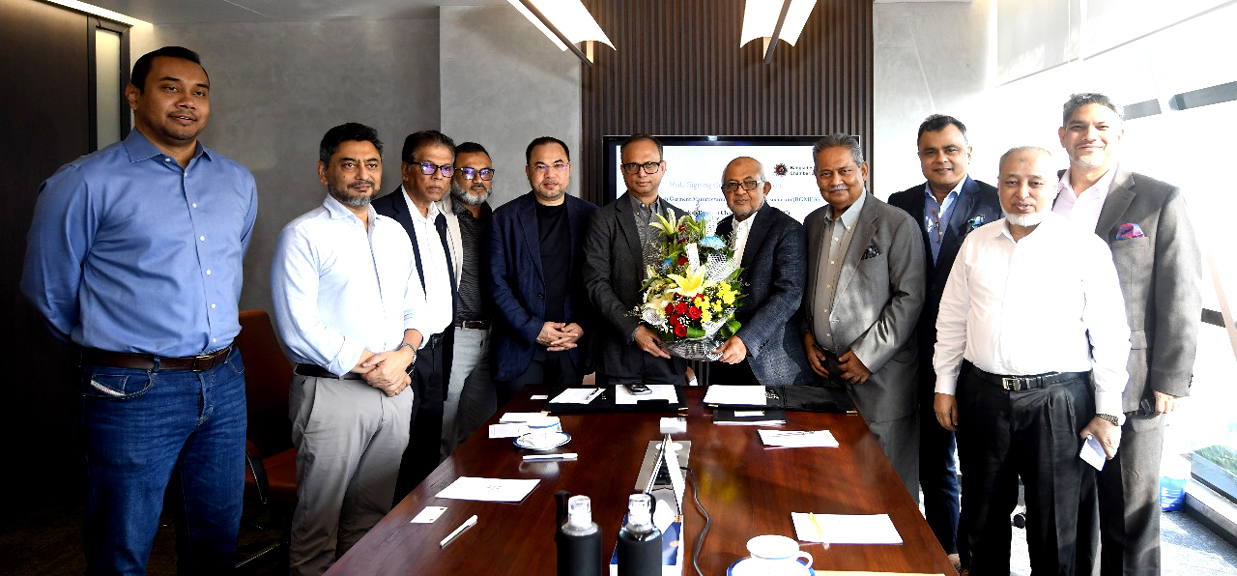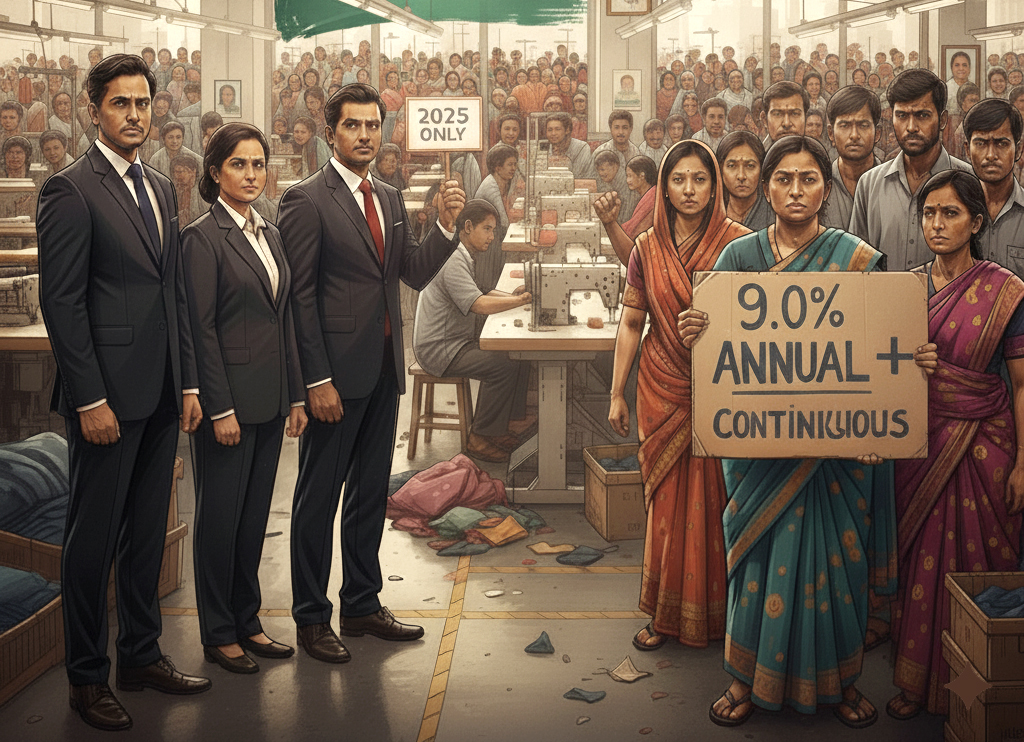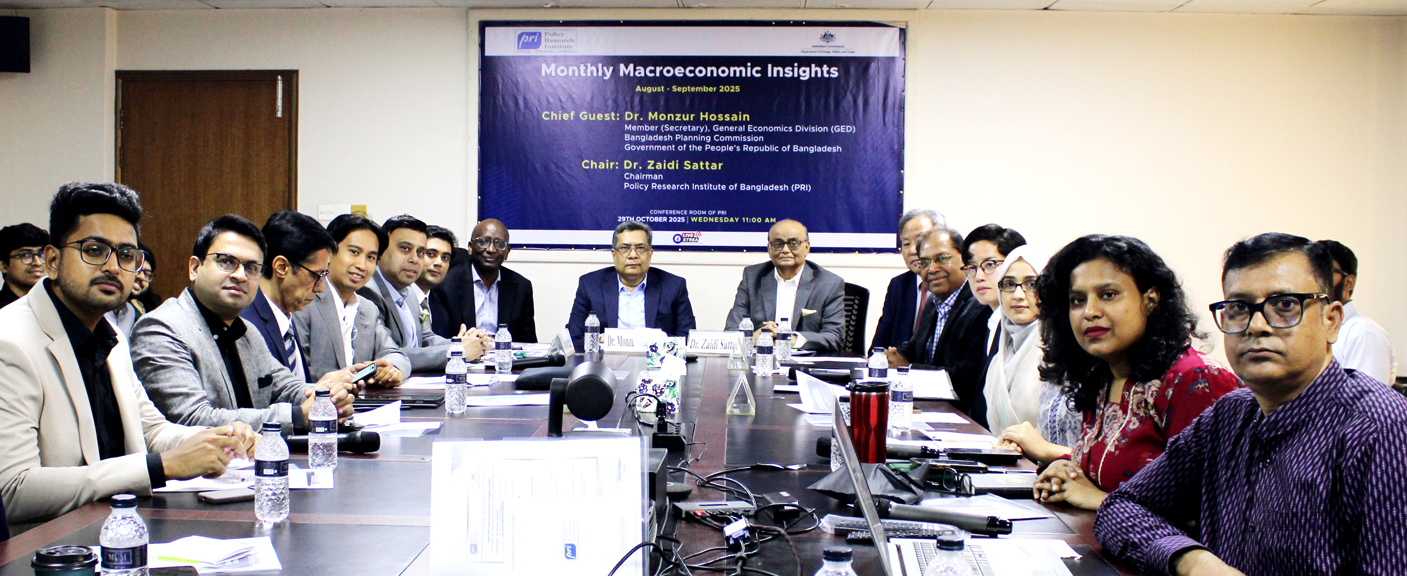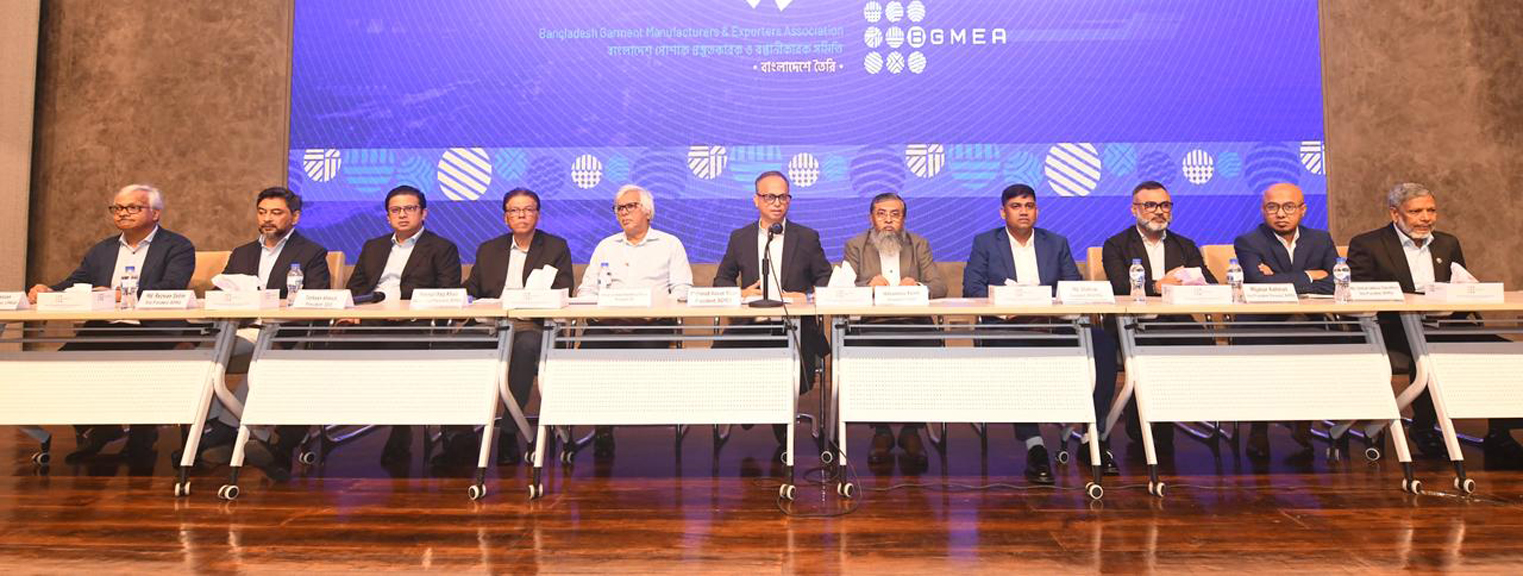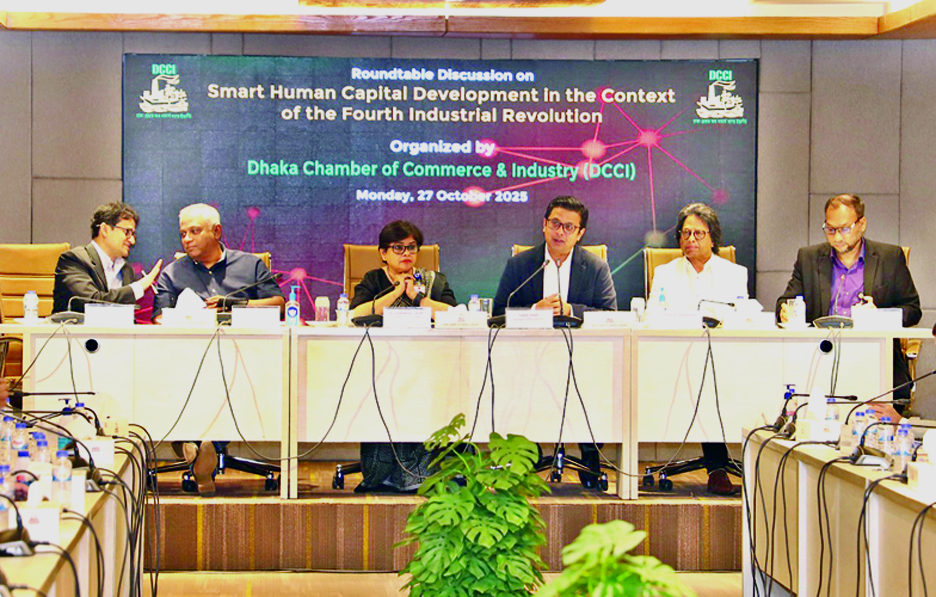Economists and experts have raised concerns over the budget for the financial year 2025–26, highlighting the lack of bold trade policy reforms amid Bangladesh’s upcoming LDC graduation and growing pressure from the US regarding reciprocal tariffs.
The budget’s marginal reductions in para-tariffs were seen as insufficient to promote export diversification and competitiveness.
Economists and policy experts on June 26 gathered at the Policy Research Institute of Bangladesh’s (PRI) Monthly Macroeconomic Insights (MMI) event to critically assess the fiscal outlook following the National Budget for the financial year 2025–26.
The discussion, held in partnership with Australia’s Department of Foreign Affairs and Trade (DFAT), underscored significant concerns regarding the country’s trade policies, fiscal management, and economic growth strategy.
Analysts warned of mounting fiscal stress, describing it as the ‘Achilles heel’ of macroeconomic management, with the government relying heavily on borrowing to cover recurrent expenses such as wages, subsidies, and interest payments.
They said that the fiscal strain has limited the government’s ability to recapitalise struggling banks, worsening the non-performing loan crisis and threatening financial stability.
Experts urged the broadening of the revenue base to reduce overdependence on trade-based taxes and ensure long-term fiscal sustainability.
The government officials reiterated a commitment to infrastructure-led growth, emphasising the need for a coordinated national plan to support sustainable development.
PRI Chairman Zaidi Sattar pointed out a key shortcoming of the budget—the absence of bold trade policy reforms.
With Bangladesh approaching its Least Developed Country (LDC) graduation in November 2026 and facing increasing reciprocal tariff demands from the United States Trade Representative (USTR), the budget’s marginal reductions in para-tariffs were deemed insufficient to foster much-needed export diversification, he said.
Zaidi Sattar stressed the urgency of strategic trade reforms, suggesting that aligning with USTR requirements could spark a broader modernisation of Bangladesh’s trade framework.
Echoing these concerns, PRI Principal Economist Ashikur Rahman described the mounting fiscal stress as the ‘Achilles heel’ of Bangladesh’s macroeconomic management.
He explained that the government’s borrowing has escalated to cover routine expenses such as public sector wages, subsidies, and rising interest payments.
This fiscal squeeze has severely constrained the government’s ability to undertake critical corrective measures, particularly the recapitalisation of fragile banks struggling with a growing non-performing loan (NPL) crisis.
Special Assistant to the Chief Adviser Sheik Moinuddin reaffirmed the administration’s commitment to infrastructure-led development.
He highlighted the need for a comprehensive and coordinated infrastructure plan aimed at sustainable economic growth, which would integrate current assets with future requirements and encourage collaboration among all stakeholders.
Business leaders attending the event also called for closer alignment between national budgets and private sector needs.
Business Initiative Leading Development (BUILD) CEO Ferdaus Ara Begum and former president of the Dhaka Chamber of Commerce and Industry Rizwan Rahmanemphasised that regulatory reforms were essential to enhance business confidence and foster a more favourable investment climate.
The discussion further explored challenges related to inflation control, monetary policy effectiveness, and the digitalisation of revenue administration.
Australian Deputy Head of Mission to Bangladesh Clinton Pobke underscored the importance of international partnerships and sustained policy dialogue to support inclusive and resilient economic growth.


